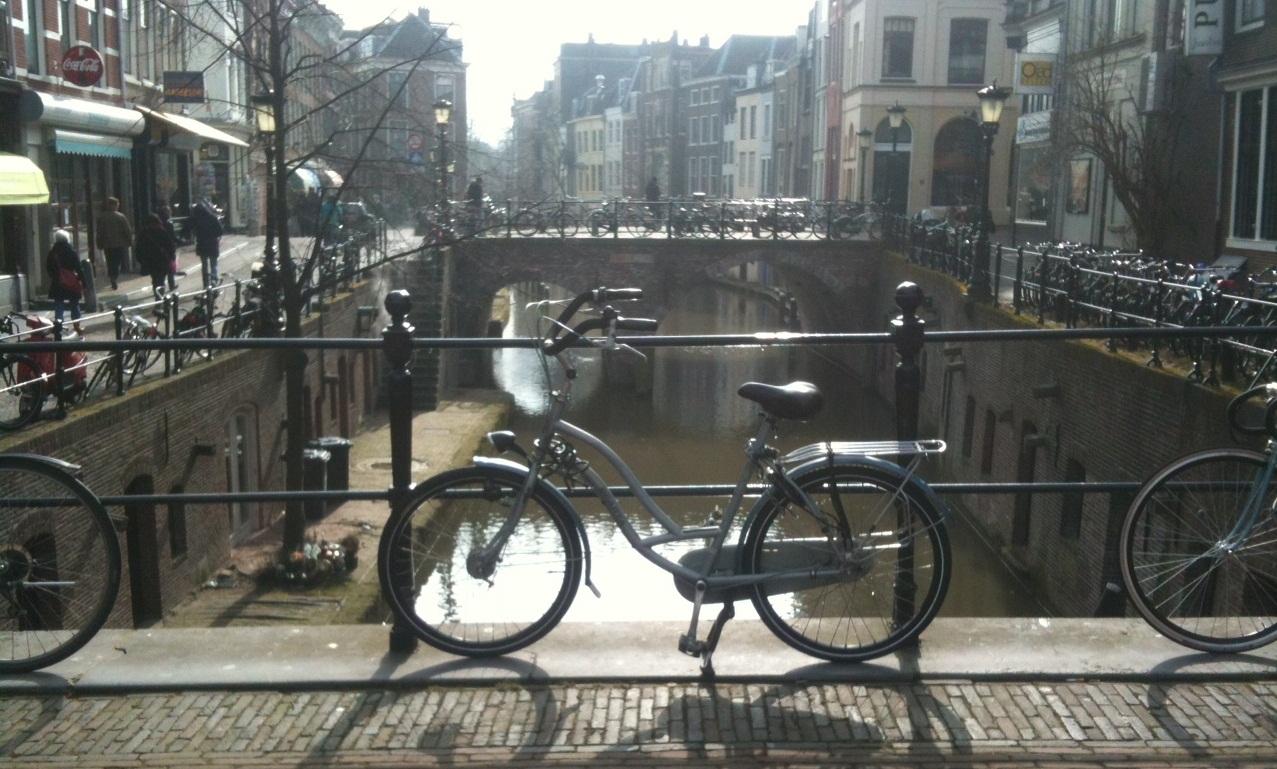
March 17, 2013, by Stephen Mumford
Do Nothing
A few weeks ago I had an early morning flight to take. Due to poor forward planning, I was alone on board with no internet, no book or magazine and little charge on my laptop. In a restless world, such a situation seems almost a punishment to bear. What worse a torture can one inflict on a person than to give them nothing to do? I realised for at least an hour or so, that was my fate.
A mere lack of entertainment is one thing. But some of us don’t want merely to be entertained. We want to do things. We want to be active and productive. I could at least have written an Arts Matters blog post in that same stretch of time or made progress reading a book. In a finite life, no one wants to waste an hour. Idleness is a very sorry ordeal.
Bertrand Russell was one of the few philosophers to have written on idleness. He recognised that enforced unemployment is a wretched position to suffer. Meanwhile, those with paid work are often much too busy and no one ever has the work-life balance they want. Wouldn’t it make more sense, he thought, if the work was divided more evenly, such as if we all worked four hours a day?
But Russell was also writing in praise of idleness, and I understood why when I was stuck on that plane. I came slowly to a realisation that, alone with my thoughts, I had just spent the previous 20 minutes in completely idle contemplation. My mind had wandered over diverse subjects. I had been making plans in my head, speculating, thinking of priorities, what future books I would like to write, what I should do with my remaining life, and so on. So unselfconscious was the thinking that just through accidental free association I seemed to have gained new ideas. I got off the plane refreshed, with a new spring in my step.
This was part of Russell’s rather paradoxical defence of idleness. Only if we have some pause for thought, away from the urgent and practical demands of life’s necessities, can we be freely productive of what is important to us. Great works of literature, philosophy, painting and music are produced only if there is some supply of idleness. And shouldn’t we then share it equally? The devil will not make work for such hands; rather, humanity can exercise its potentiality in an authentic rather than alienated manner. Ultimately, that is where a civilisation is built.

Here is a lovely, now-old article, entirely relevant to BR’s point. Hopefully the link will work. http://www.jstor.org/discover/10.2307/191249?uid=3739744&uid=2129&uid=2&uid=70&uid=4&uid=3739256&sid=21101864564401
Nice post. Thx.
Many thanks for this post! Didn’t Marx say something about the worker feeling truly himself only when he is not working? I recommend to you Roland Barthes’s ‘Osons être paresseux’, first published as an interview in Le Monde, 16 September 1979.